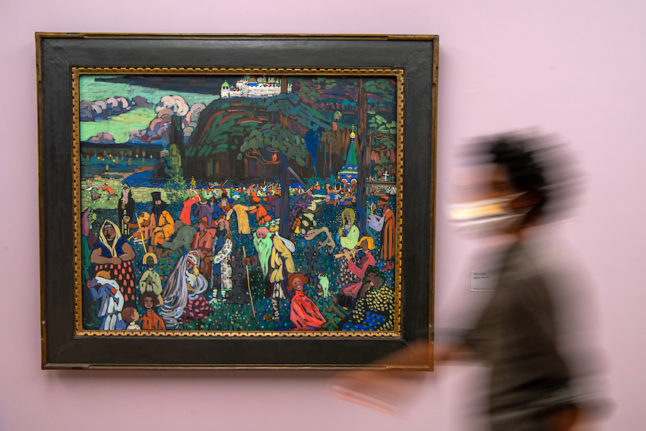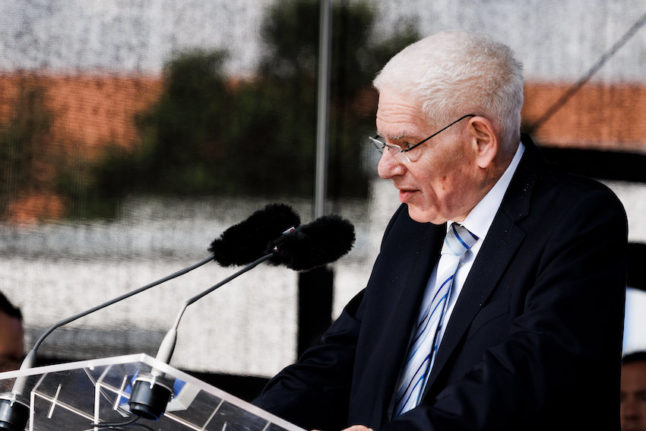A restitution law should be put in place to grant more rights and possibilities to the descendants of victims of the Nazis, said the Advisory Commission on the return of cultural property seized as a result of Nazi persecution, especially Jewish property.
Twenty years on from its establishment, the commission has so far issued just 23 recommendations.
“The low number of recommendations from the commission is due to the low number of cases brought before it,” the commission said in a statement on Monday.
The current legal situation makes restitution very difficult, the commission said.
“Until today, victims and their descendants can only bring a case before the commission if cultural institutions in possession of the art agree to it.”
A large number of Nazi-looted artworks have yet to be returned.
“The Lost Art Database alone, which publishes international searches and findings of Nazi-looted art, lists around 40,000 searches and another 35,000 findings of confiscated cultural property,” the commission stated.
READ ALSO: How Nazi-looted art is finding its way back to its owners
The commission, initially named after its first chairman, former president of the Federal Constitutional Court Hans-Jürgen Papier, was established in 2003 by the federal government, states, and municipal associations to mediate in particularly complex cases of Nazi-looted art. It was created to resolve differences between the parties involved in the return of cultural property confiscated due to Nazi persecution.
The commission stressed that Germany need to do more to return artworks stolen by the Nazis to their rightful owners.
“Criticism both in Germany and abroad continues, claiming that the Federal Republic of Germany is not sufficiently capable and not truly willing to adequately and comprehensively redress the Nazi injustice concerning cultural property.”
As part of the proposed reform, the commission suggests that descendants of Nazi victims should have the opportunity to unilaterally initiate proceedings before the commission. The commission’s role should also be strengthened, enabling it to do more than just make recommendations.
A restitution law would also ensure that private institutions or individuals possessing Nazi-looted art would be required to participate in the restitution process. A new law would also help regulate compensation claims, the commission said.
The Federal Republic of Germany has acknowledged its international and national responsibility as the legal successor to the Third Reich, particularly in relation to addressing Nazi injustice and returning culturally significant property that was lost due to persecution.
But, said the commission: “It fails to live up to this political and moral responsibility because the existing regulations, especially in disputed cases, are inadequate.”



 Please whitelist us to continue reading.
Please whitelist us to continue reading.
Member comments